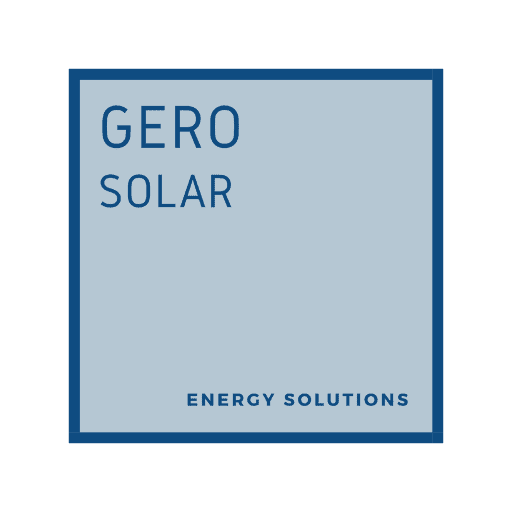Embracing residential solar installation is more than a trend; it’s a commitment to a sustainable future. This comprehensive guide explores the multifaceted benefits of embracing solar power at home, highlighting how this smart choice positively impacts the environment and homeowners’ finances and lifestyles.
Economic Advantages
A primary motivation for many homeowners to opt for solar panel systems is the significant economic benefits. By harnessing the sun’s power, households can enjoy reduced utility bills, thanks to decreased reliance on conventional power sources. Various factors, including regional energy costs and the efficiency of solar panels, influence the extent of these financial benefits.
Detailed Financial Breakdown:
- Initial Investment: The upfront cost of acquiring and installing a solar power system.
- Monthly Savings: A consistent decrease in utility bills due to solar usage.
- Long-Term Gain: The aggregate financial savings realized over the solar panels’ lifespan.
Positive Environmental Impact
Switching to solar power plays a crucial role in environmental conservation. Solar energy is a clean, inexhaustible resource, substantially diminishing one’s carbon footprint.
Environmental Advantages:
- Lower Carbon Emissions: Solar energy significantly reduces the release of greenhouse gases.
- Renewable Resource: Solar power is an endlessly renewable energy source.
- Reduced Air Pollution: Solar energy produces fewer air pollutants than traditional sources.
Enhanced Property Value
Installing solar panels is often likened to major home upgrades, like kitchen renovations or new roofing, in terms of the value addition to a property. Homes with solar systems tend to attract higher market values, making them more appealing to prospective buyers.
Market Value Comparison:
| Home Upgrade | Average Value Increase |
|---|---|
| Solar Panel System | 4.1%* |
| New Roof | 3.5% |
| Kitchen Remodel | 4.2% |
*Source: National Renewable Energy Laboratory (NREL) Study
Energy Self-Reliance
Solar installations afford homeowners a degree of energy self-reliance, invaluable in areas experiencing frequent power outages or unstable energy grids.
Technological Progress
The solar energy sector is witnessing rapid technological advancements. These innovations make solar systems more efficient and affordable, enhancing their performance and savings over time.
Government Incentives
Many regions offer financial incentives for solar energy adoption, including tax benefits, rebates, and grants. These incentives can significantly reduce the initial installation costs.
Awareness and Efficiency
Adopting solar power often heightens energy consumption awareness, fostering more energy-efficient household practices.
Low Upkeep Costs
Solar systems are known for their low maintenance requirements, involving primarily routine cleaning and occasional inspections.
Durability and Dependability
Contemporary solar panels are designed for longevity and consistent performance, offering decades of reliable energy production with minimal efficiency loss.
Personal Fulfillment
Many homeowners derive satisfaction from contributing to a more sustainable future, enjoying the personal gratification of utilizing renewable energy.
Conclusion: A Wise Choice for Homeowners
The decision to install a solar power system at home offers many benefits, ranging from financial gains to positive environmental contributions. With ongoing technological advancements and supportive government policies, transitioning to solar energy is becoming an increasingly practical and gratifying choice for homeowners.

